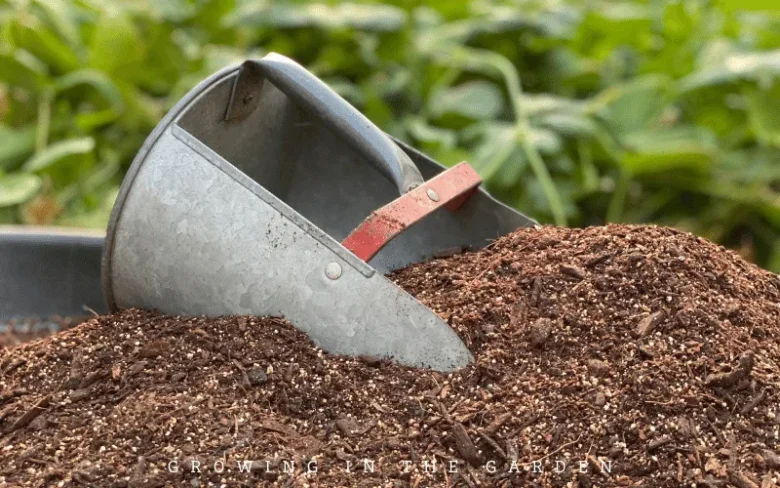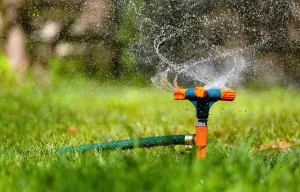to suggest
Garden enthusiasts and farmers alike are familiar with the ongoing battle against plant pests that can wreak havoc on crops and ornamental plants. These small invaders can cause significant damage, leading to yield losses and deteriorating plant health. In this article, we explore effective strategies for controlling plant pests and promoting sustainable and thriving green spaces.
1. Integrated Pest Management (IPM)
One of the most successful methods of pest control is Integrated Pest Management (IPM). This approach involves a combination of cultural, biological and chemical control measures. By promoting the growth of natural enemies, using resistant plant varieties and using targeted pesticide applications where necessary, integrated pest management can minimize environmental impact while effectively controlling pest populations.
2. Planting guidance
Companion planting is an age-old technique in which certain species are planted together to promote each other’s growth and deter pests. For example, growing marigolds next to vegetables can repel nematodes, and basil can protect tomatoes from certain pests. This natural approach not only helps control pests, but also promotes a diverse and resilient ecosystem in your garden.
3. Neem oil as a natural pesticide
Neem oil comes from the neem tree and is an effective natural insecticide. It disrupts the pest’s life cycle, hindering its ability to feed and reproduce. Neem oil is effective against a variety of pests, including aphids, mites and caterpillars, while being environmentally friendly and safe for plants, animals and people.
4. Beneficial insects
Introducing beneficial insects such as ladybugs, lacewings and predatory beetles can be a game-changer in pest control. These insects feed on common pests such as aphids and caterpillars, providing a natural and sustainable way to control pest populations. Creating an environment that attracts and supports these beneficial insects is critical to long-term pest control.
5. Regular monitoring and early intervention
By regularly checking your plants for signs of pests, you can intervene early and prevent pest problems from escalating. Prompt removal of affected plant parts, use of physical barriers or targeted treatments can prevent pests from spreading and causing widespread damage.
finally
Effective management of plant pests requires a holistic approach that combines several strategies. By using integrated pest management, practicing companion planting, using natural pesticides such as neem oil, encouraging beneficial insects and maintaining vigilant monitoring, gardeners and farmers can create resilient and thriving plant environments. These strategies not only protect crops, but also contribute to the overall health of ecosystems and promote the sustainability of agricultural and horticultural practices.



